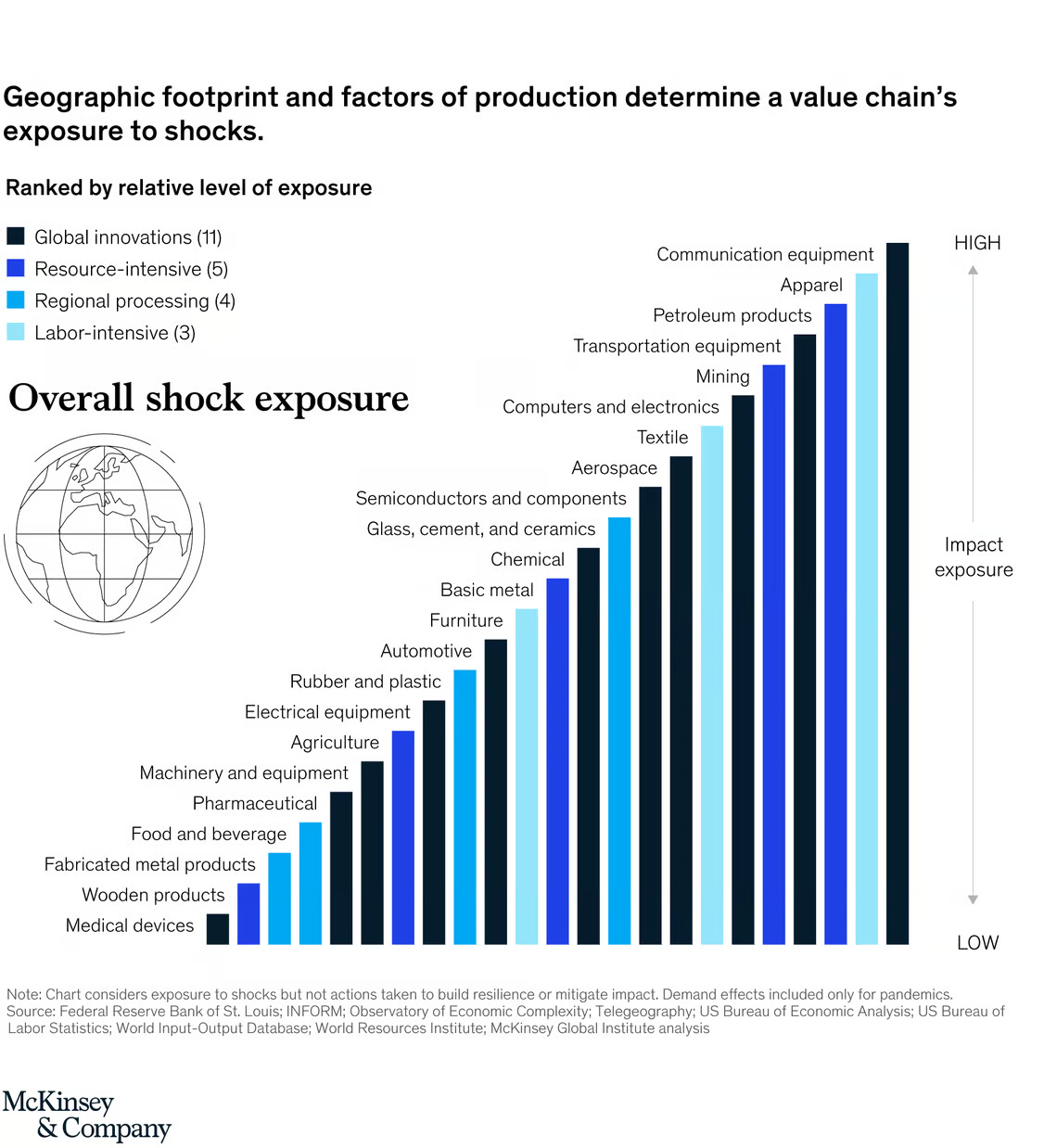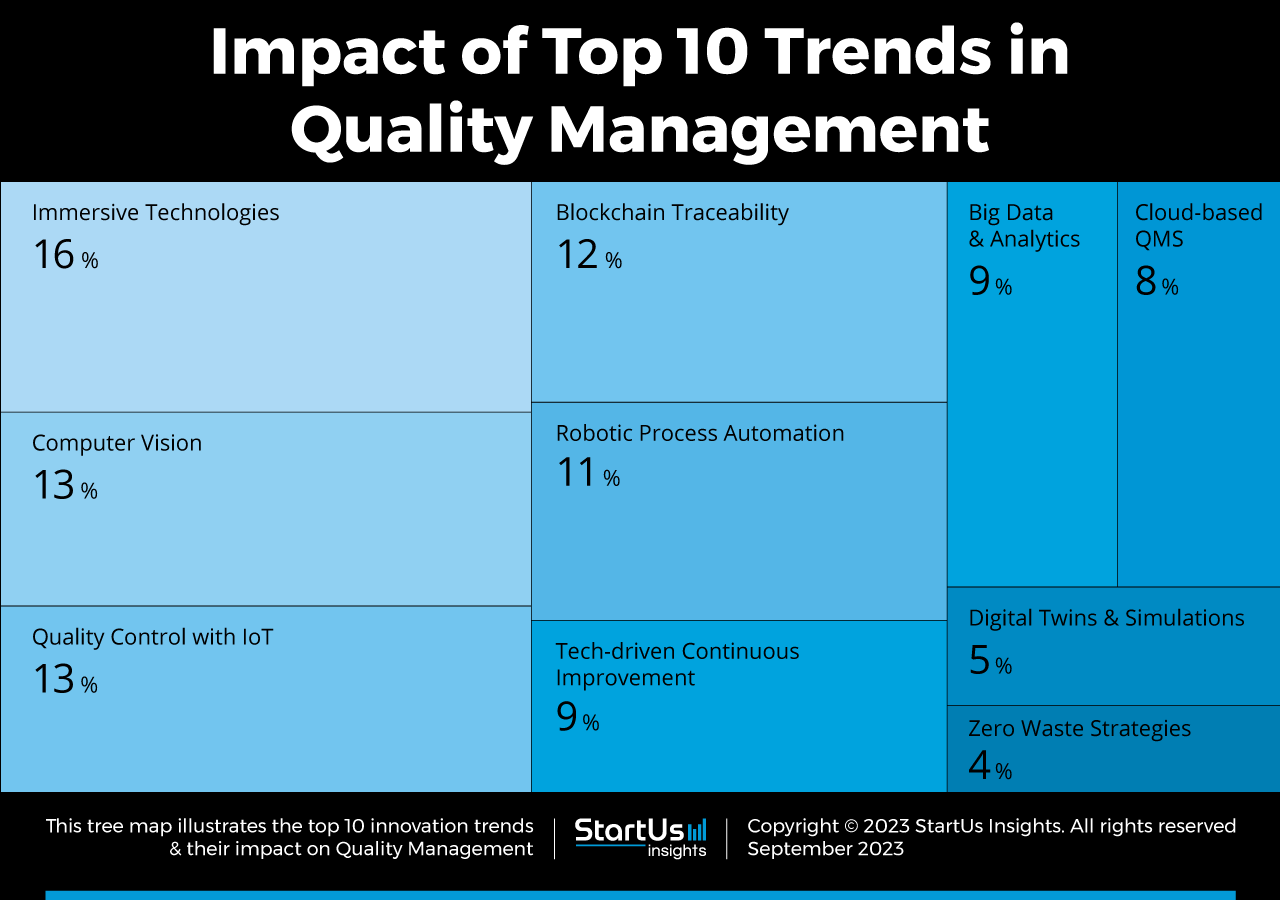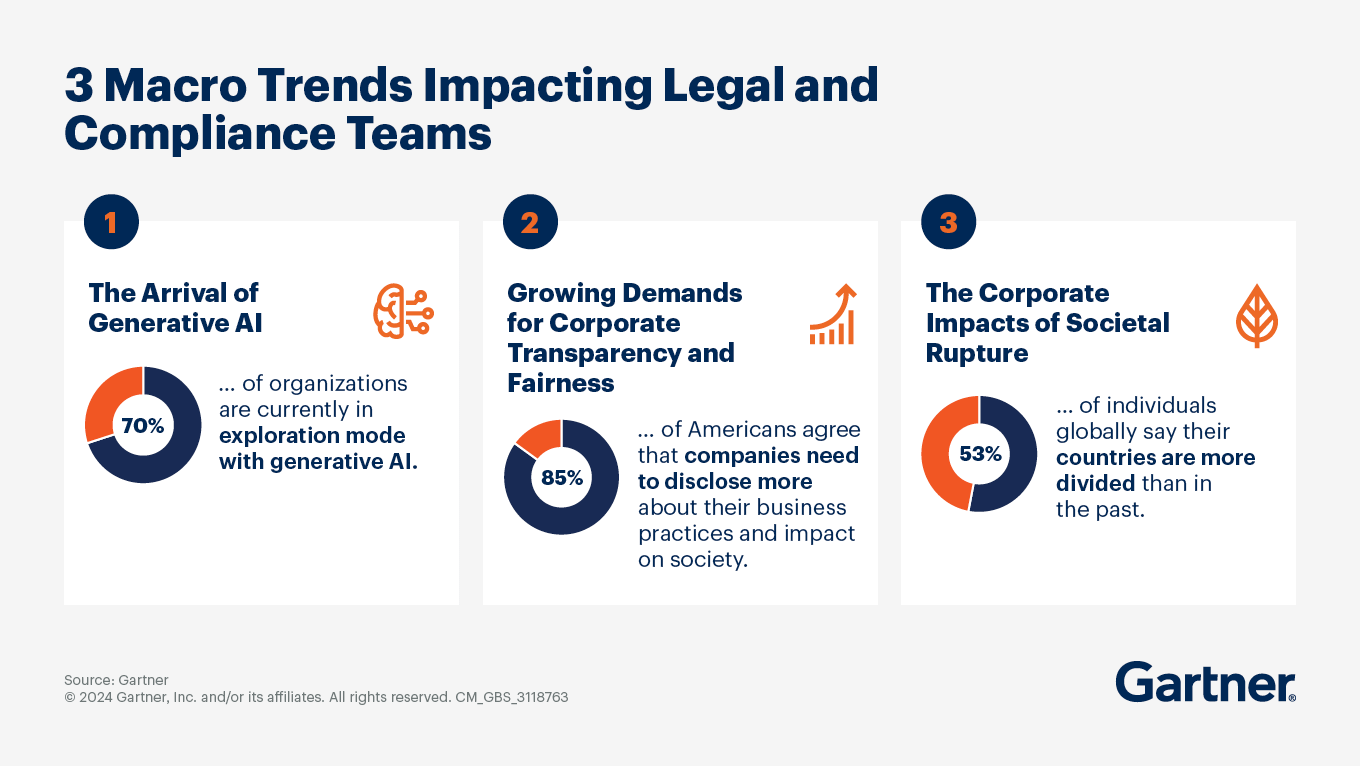Low-cost country sourcing, or LCCS, has become a go-to tactic for companies looking for ways to decrease expenses and increase profitability in today’s globalized market. Although sourcing from nations like China, India, Vietnam, and Mexico may result in significant cost savings and provide access to qualified labor, there are hazards involved as well. At Source One, we recognize that while sourcing from low-cost countries has enormous promise, risk management has to be approached carefully. If preemptive mitigation methods and thorough preparation aren’t implemented, unforeseen obstacles may rapidly eclipse the potential advantages of cost reductions.
Here we will explore how sourcing from low-cost nations may be fully realized with proper risk management and how we assist clients in navigating this challenging environment.
Identifying Key Risks in Low-Cost Country Sourcing
The many hazards associated with purchasing from low-cost nations must be recognized. Although these risks may differ by location, they often fall into one of the following categories: supply chain disruptions, regulatory compliance, fluctuating labor circumstances, geopolitical instability, and quality control.
A deeper look at some of the major difficulties you may encounter while sourcing from important low-cost nations is provided below:
– China: While it is still a major manufacturing nation, rising wages, stricter regulations, and trade conflicts, particularly with the United States, may cause supply chain disruptions and cost rises.
– India: This country has a large pool of highly trained workers and competitive pricing, but the region’s inconsistent infrastructure and complicated bureaucracy may lead to delays and bottlenecks in logistics.
– Vietnam, Malaysia, and Thailand: These nations have excellent manufacturing capacities, but the geopolitical unrest in Southeast Asia—especially with regard to trade agreements and environmental laws—may have an effect on the ongoing business operations.
– Mexico: Mexico provides proximity and financial advantages as a nearshore alternative for US companies. But companies also need to be on the lookout for labor strikes, violence linked to cartels, and political shifts.
– Philippines and Cambodia: Despite having relatively affordable labor, both nations struggle with issues of governance, infrastructure, and varying degrees of inconsistent regulations.
Each country has a distinct set of difficulties. That being said, these obstacles are not insurmountable. At Source One, we create customized plans that assist companies in striking a balance between cost reduction and efficient risk management, guaranteeing the robustness and resilience of supply chains.

Source: McKinsey
Building a Resilient Supply Chain and Managing Risk in LCCS
The first step in effective risk management is realizing that not all risks are created equal. The first step in minimizing risks is to identify and prioritize those that might have the biggest effect on your company. Here are some key tactics that Source One uses to guide clients through the risky world of sourcing from low-cost countries.
Diversification of Suppliers
A prevalent risk in sourcing from low-cost countries is placing undue dependence on a particular provider or geographic area. Even if cost effectiveness is crucial, if a natural disaster, political upheaval, or regulatory changes have an impact on that region, placing all your eggs in one basket might result in serious interruptions.
For instance, a company that only uses Chinese suppliers may be vulnerable to abrupt lockdowns or trade disputes. This risk may be reduced by distributing your supply chain across multiple countries, such as Vietnam, Thailand, or India, since various areas have varying strengths and weaknesses.
At Source One, we collaborate closely with clients to create supplier networks and make sure their sourcing strategies are flexible and diverse. In this manner, backup plans are ready in case anything goes wrong in one area.
Putting Strict Quality Control Measures in Place
A major risk in LCCS is making sure vendors provide consistent quality. Despite having highly developed manufacturing sectors, countries like China, Taiwan, and Malaysia still have a wide range of suppliers when it comes to dependability and quality standard observance.
It’s crucial to have regular audits, on-site inspections, and clear expectations of communication. Businesses can ensure that their goods meet the necessary requirements and reduce the possibility of obtaining inferior items by implementing a thorough quality control program.
Using strict quality assurance procedures, collaborating with regional inspection teams, and using real-time monitoring tools, the team at Source One is adept at ensuring that manufacturing quality is maintained by all suppliers.

Source: StartUs
Navigating Regulatory Compliance
The regulatory landscapes of each of the low-cost sourcing areas are quite different. India, Cambodia, and Mexico are just a few of the countries with complex labor laws, import/export policies, and safety requirements that demand careful comprehension and observance.
Fines, delays, or even contract cancellation may follow noncompliance. Certain countries, such as Vietnam or Thailand, have rapidly changing legislation, which makes supply chain management even more difficult.
Source One makes sure that all legal requirements are fulfilled right away in order to prevent these problems. Our team of experts keeps up with constantly evolving legal requirements to guarantee that our client’s supply networks are compliant. To ensure a seamless navigation of different legal environments, we additionally cultivate strong ties with regional regulatory agencies and specialists.

Source: Gartner
Handling Transportation and Logistical Risks
Although sourcing from low-cost countries might result in significant savings, these advantages can be rapidly lost due to inefficient logistics or interrupted delivery. This is particularly true for nations with less established infrastructure than Taiwan or China, such as the Philippines, India, and Cambodia.
A solid risk management approach accounts for any delays in transit, problems with customs, and limitations in the infrastructure. At Source One, we work with clients to maximize their logistics via meticulous shipping route planning, foreseeing any bottlenecks, and using local knowledge to overcome infrastructural obstacles.
Monitoring Political and Economic Instability
Risks related to politics and the economy are often the most unexpected. Governments are subject to rapid change, which may result in your supply chain being impacted by new rules, tariffs, or even trade restrictions. Geopolitical tensions and economic instability have increased in recent years, particularly in nations like China and Mexico.
Source One keeps a close check on the political and economic environments of the areas we operate in in order to reduce these risks. We use data-driven research and continuous engagement with regional stakeholders to anticipate any disruptions before they happen. By doing this, we assist our clients in keeping up with shifting political and economic conditions.
Mitigating Risks for Long-Term Success
For companies trying to streamline their supply chains and save expenses, buying from low-cost nations offers enormous promise. It is not without difficulties, however. Businesses need to take a proactive approach to risk management in order to effectively traverse these risks. This strategy should involve regulatory compliance, supplier diversity, quality control, and a thorough grasp of the local environment.
At Source One, we help clients fully realize the advantages of low-cost nation sourcing while skillfully managing risks. We do this by bringing our vast knowledge, local presence, and large network across China, India, Vietnam, and beyond. With our customized solutions, companies can remain resilient, maintain quality, and assure compliance in a constantly changing global environment.
